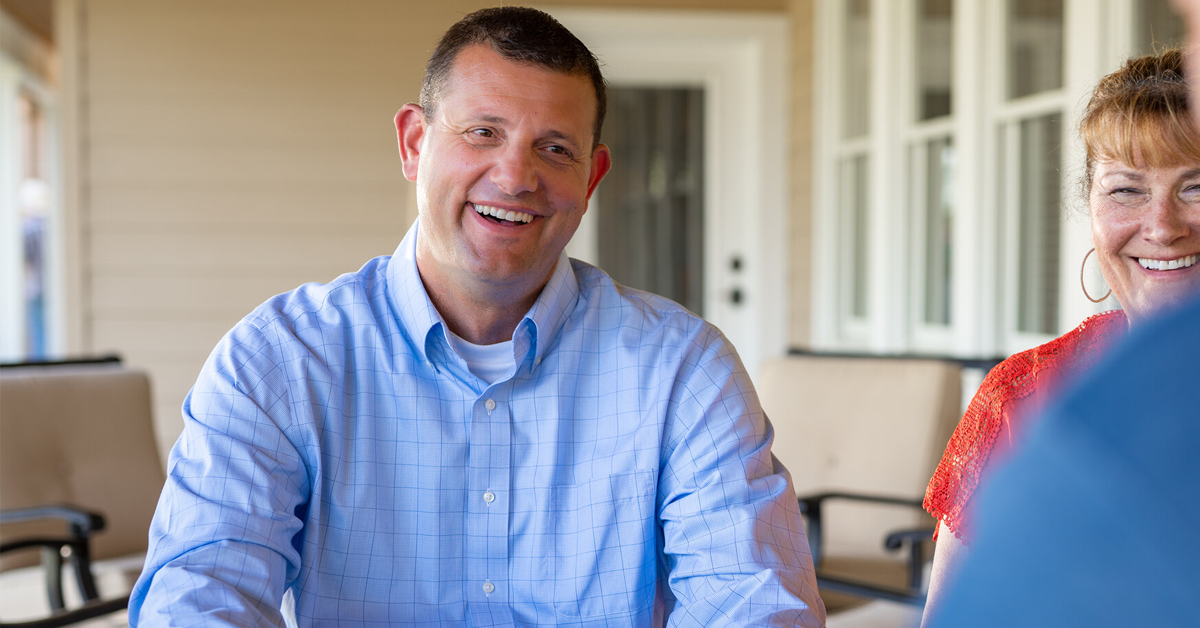California Democrats are locked in one of the most consequential disputes in modern state history over the future of the Los Angeles-to-San Francisco high-speed rail project after a decade of troubled construction.
The $105 billion bullet train project — for which $10.3 billion has been spent so far — would be the largest single investment in state history, the most ambitious civil works effort in the nation and now a symbol to many experts of how not to build a railroad, all of which define the stakes in the current impasse.
The feud has festered for 16 months, since Gov. Gavin Newsom asked the Legislature for a $4.2 billion appropriation in early 2021. The request has triggered a standoff with Assembly Democrats, who have steadfastly refused to hand over the last remaining funds from a 2008 bond measure for high-speed rail.
The battle involves who will exert control over the project’s future, how to improve its efficiency and how the remaining funds can yield the greatest benefits, which involve sharp disagreements that could be difficult to resolve.
“The project is not proceeding according to a robust plan, which results in waste and other inefficiencies,” said Bent Flyvbjerg, a business expert in mega projects at the University of Oxford’s Saïd Business School and IT University of Copenhagen. “Given the political divisions, the cost growth, the schedule delays and the lack of a sound future revenue source, this project is going to the graveyard of famous boondoggles.”
Proponents of high-speed rail dispute such grave characterizations, asserting the project is solid.
“The naysayers are always going to be naysayers,” said Ray LaHood, U.S. Transportation Secretary under President Obama and a crusader for high-speed rail. “There’s construction underway. Hundreds of people are working on the project and have good paying jobs. There’s a plan now to go to Bakersfield. The future is very encouraging. It hasn’t stopped.”
A legislative standoff
But serious problems remain unresolved in the Central Valley, and new issues with utility relocations along the future tracks are again holding up construction.
The rail authority estimated in 2008, when voters approved $9 billion for the system, it would cost $33 billion and start running by 2020. But slow land purchases, delays in environmental documents, employee turnover and litigation over the last 14 years keep putting the goal further out of reach.
“There is no confidence in the project,” said Speaker Anthony Rendon, a Los Angeles Democrat. “We had an end date of 2020 and now we don’t have an end date.”
The latest estimate, made earlier this year, set the cost at $105 billion. The new price tag is based on some estimates made in 2019, not accounting for the spurt of inflation in construction materials and labor, according to the Legislative Analyst’s Office, the non-partisan adviser to the Legislature. The risk is that the real cost is still not known.
Get the full story: Read more.










